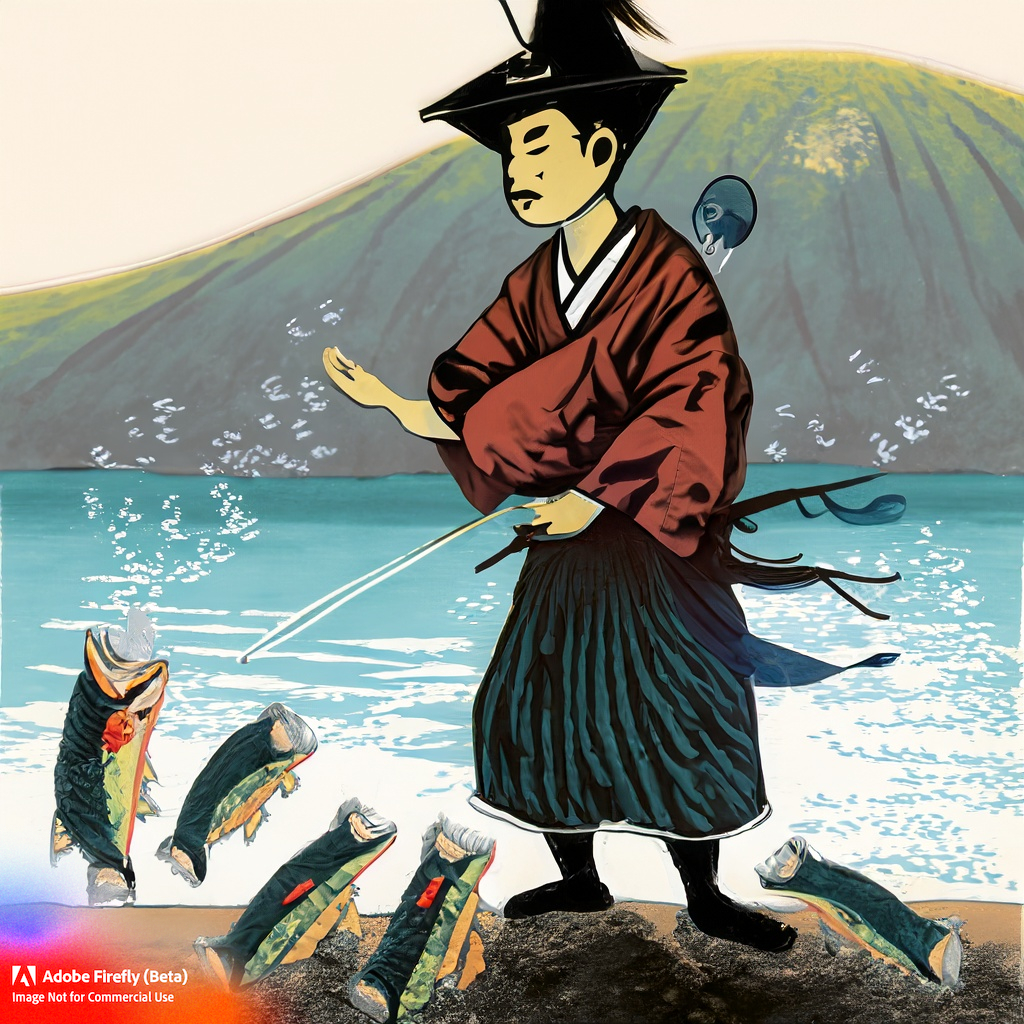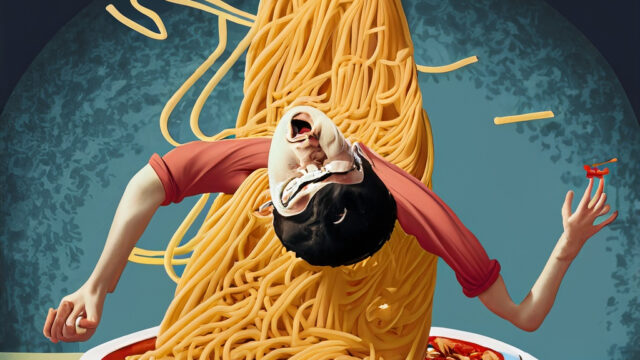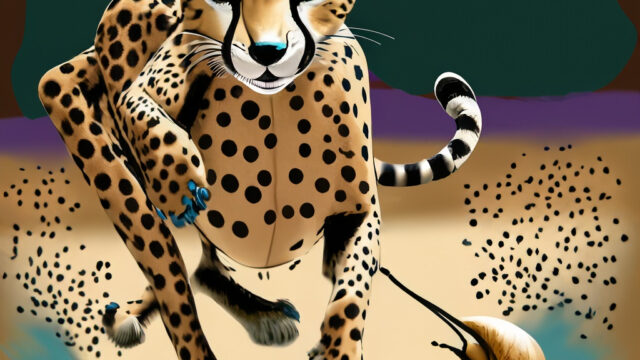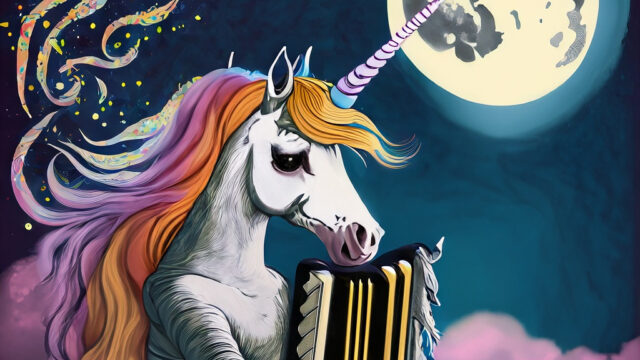★ 英単語ターゲット1900(6訂版)★ Stock4500 ★ LEAP★ システム英単語(5訂版)★ 速読英単語必修編(7訂版)を独自に研究&データベース化し、5冊の単語帳のいずれにも見出し・太文字で登場する単語469にまとめた「入試に四六時中でる英単語」から毎回1単語、あり得ない例文と画像でお届けします!アリエヘン!

“The fisherman bowed to the fish, and they applauded his fishing skills.”
「漁師は魚におじぎし、魚たちは彼の釣りの腕前に拍手を送りました。」
★ Bow (verb/noun) – To bend the body forward from the waist as a gesture of respect, greeting, or acknowledgment; or a gesture made by bending forward from the waist.
⇒ おじぎをする – 尊敬や挨拶、認めるという意味で、体を腰から前に曲げる動作。また、腰から前に曲げるジェスチャーです。
★ The word “bow” originated from the Old English word “būgan,” which means “to bend or flex.” It can be traced back to the Proto-Germanic word “beuganą,” meaning “to bend” or “to bow.”
⇒ 「bow」の語源は、古英語の「būgan」という言葉で、「曲げる、屈曲する」という意味です。これは、ゲルマン祖語の「beuganą」にまで遡ることができます。この言葉は、「曲げる」または「おじぎをする」という意味を持っています。
【例文】
(1) He bowed politely to the queen upon entering the room.
⇒ 彼は部屋に入る際に丁寧に女王におじぎしました。
(2) The students bowed to their sensei before beginning their martial arts practice.
⇒ 生徒たちは武道の稽古を始める前に先生におじぎをしました。
(3) The audience applauded and gave a standing ovation, and the performers took a bow.
⇒ 観客は拍手とスタンディングオベーションをし、パフォーマーたちはおじぎをしました。
(4) She bowed her head in shame after realizing her mistake.
⇒ 彼女は自分のミスに気づいて恥ずかしさのあまり、頭を下げました。
(5) As a sign of gratitude, he bowed to the audience before leaving the stage.
⇒ 感謝のしるしとして、舞台を降りる前に彼は観客におじぎしました。







